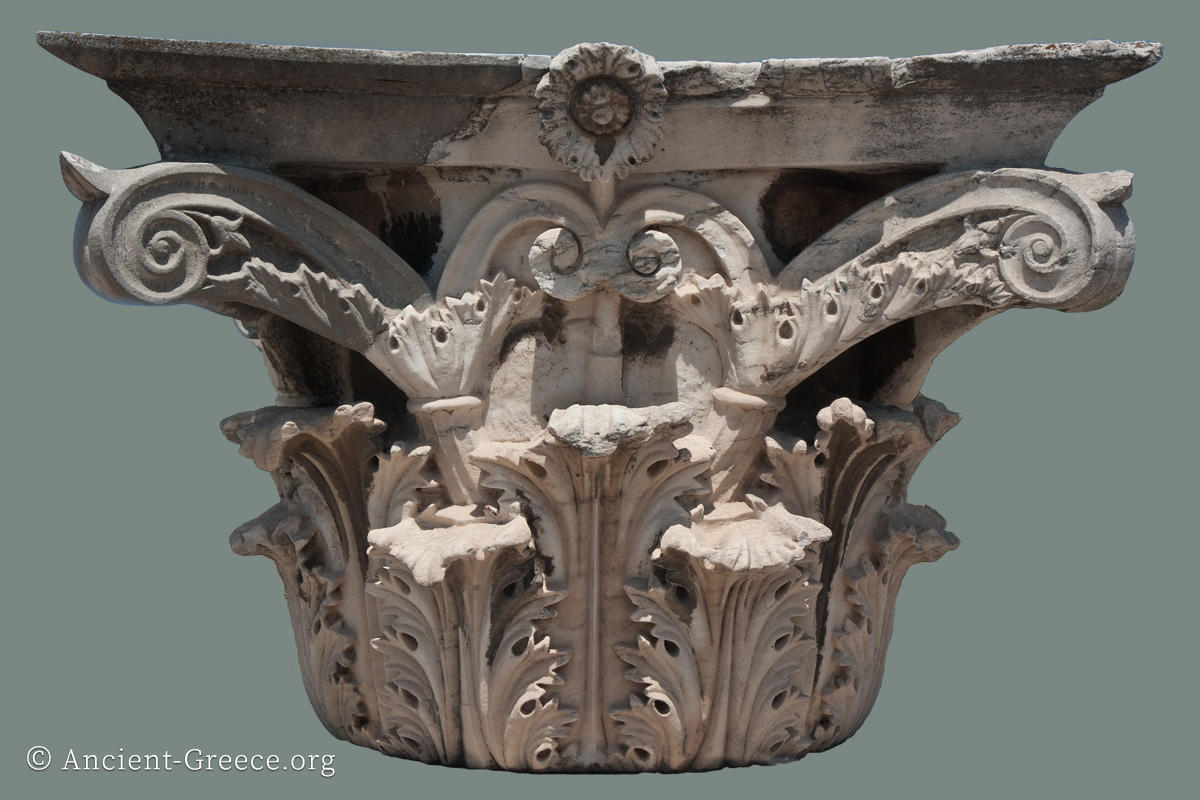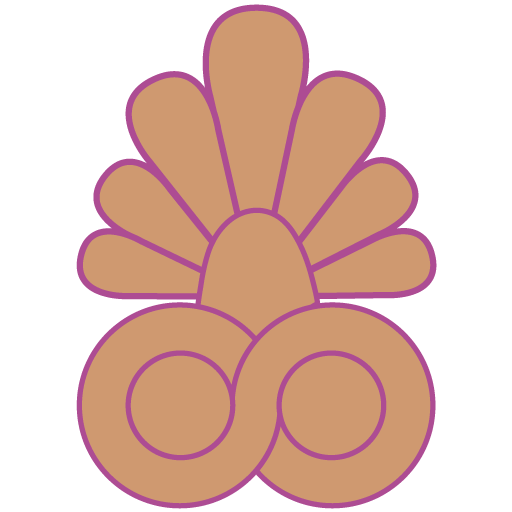Metic
-

Temple of Apollo at Delphi
Read more: Temple of Apollo at DelphiCentral among the number of imposing ruins that are interspersed on the southern slopes of Parnassos mountain is the temple of Apollo in Delphi. It is an imposing temple of the Doric order whose existence was woven through…
-
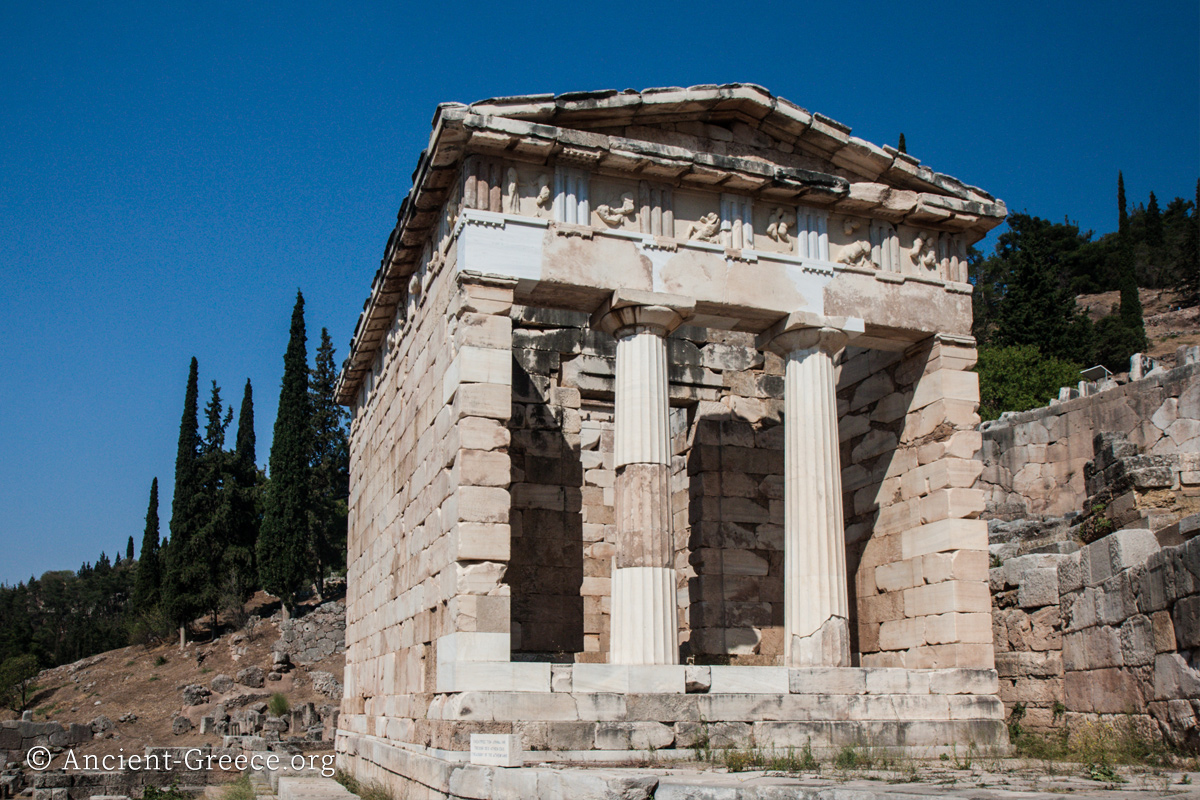
Treasury of the Athenians
Read more: Treasury of the AtheniansThe Athenian Treasury was a votive building in the form of a reduced scale temple, designed to hold the multitude of Athenian offerings to the Delphi oracle. The building was constructed entirely of Parian marble and had a…
-
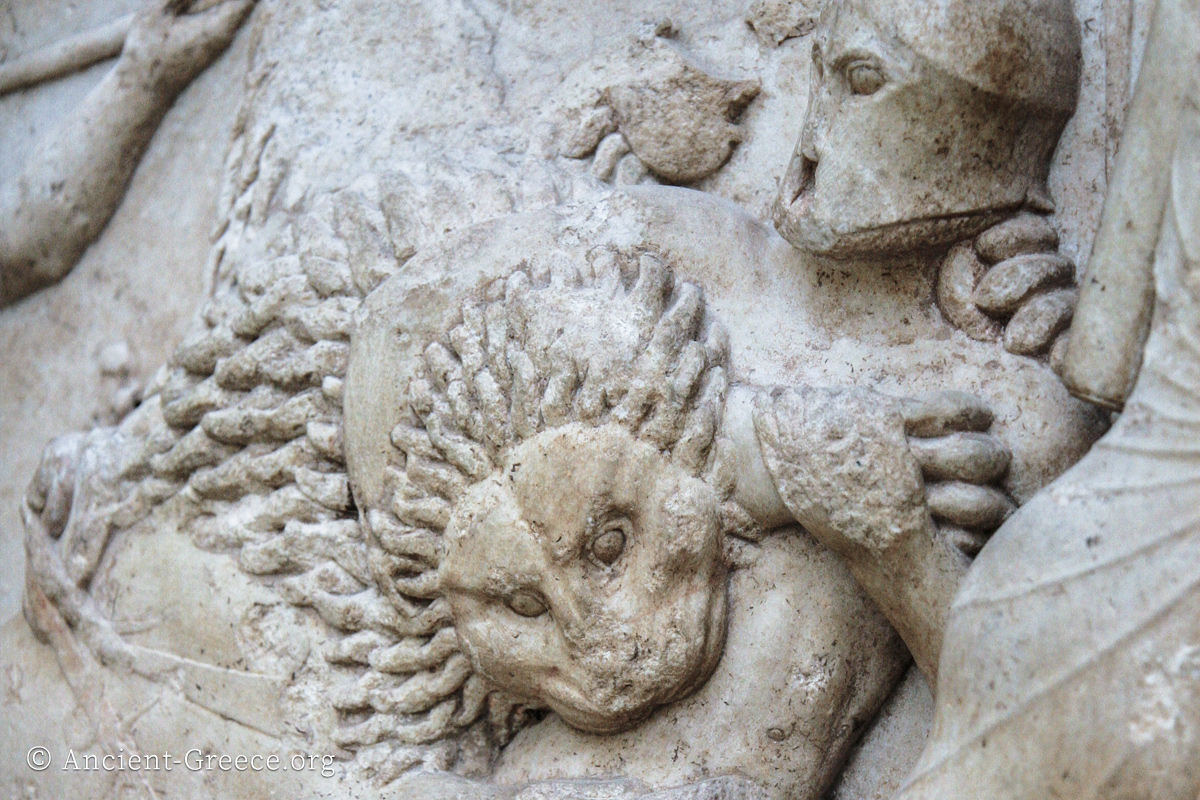
Siphnian Treasury
Read more: Siphnian TreasuryThe Siphnian treasury was dedicated at Delphi around 525 BCE by the inhabitants of Siphnos island which is located in the western Cyclades, in the Aegean Sea. In ancient Greece it housed the votive offerings of the Siphnians…
-

Alcmene
Read more: AlcmeneALCMENE, the daughter of Electryon, king of Mycenae, was betrothed to her cousin Amphytrion; but, during his absence on a perilous undertaking, Zeus assumed his form, and obtained her affections. Heracles (whoseworld-renowned exploits will be related among the…
-
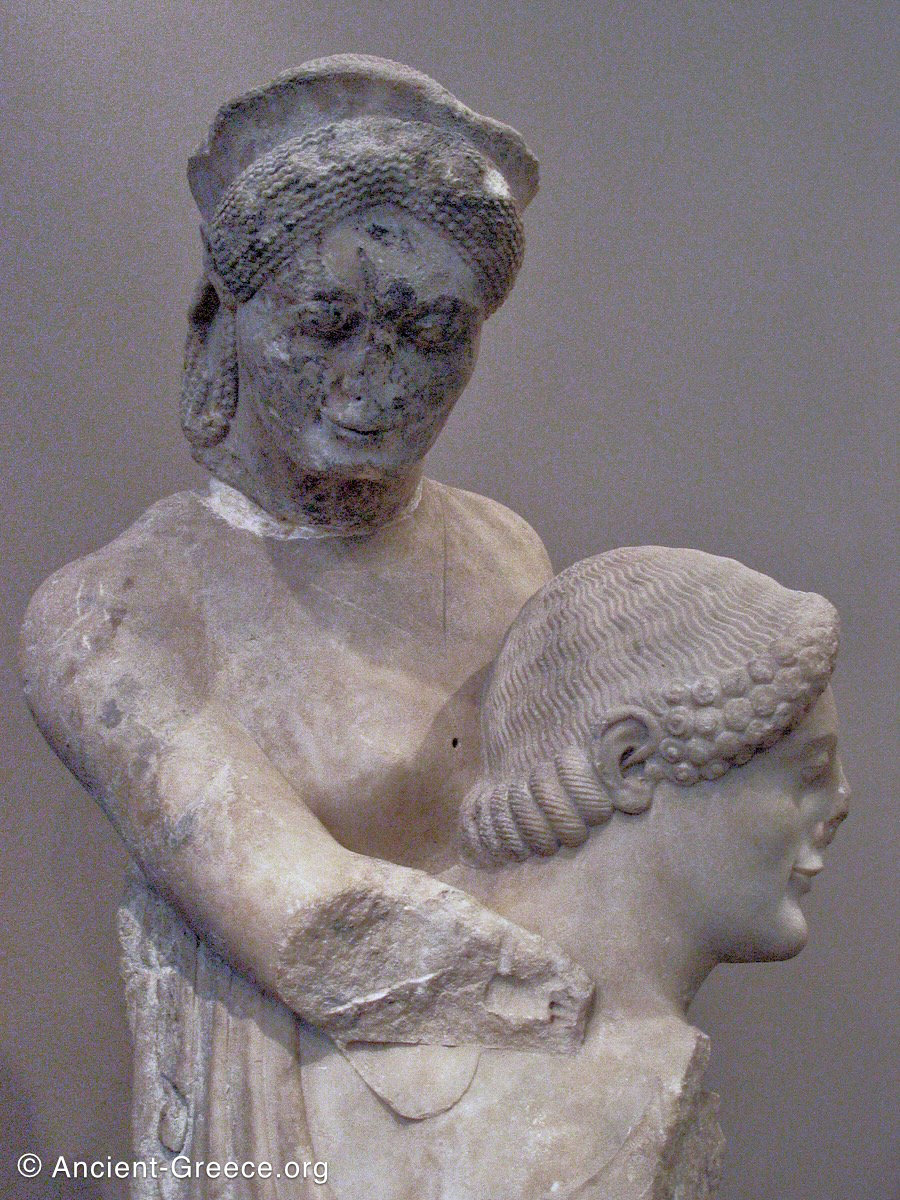
Antiope
Read more: AntiopeAntiope ANTIOPE, to whom Zeus appeared under the form of a satyr, was the daughter of Nicteus, king of Thebes. To escape the anger of her father she fled to Sicyon, where king Epopeus, enraptured with her wonderful…
-
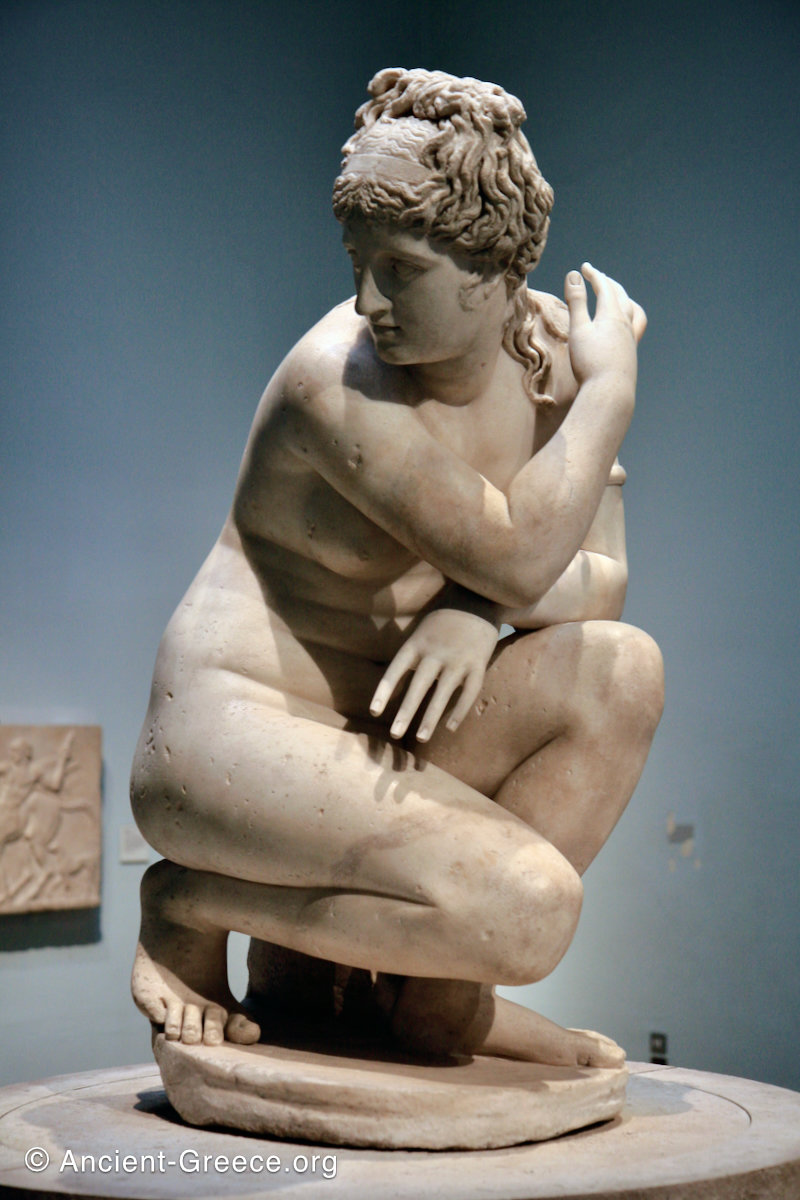
Aphrodite (Venus)
Read more: Aphrodite (Venus)Aphrodite (from aphros, sea-foam, and dite, issued), the daughter of Zeus and a sea-nymph called Dione, was the goddess of Love and Beauty. Dione, being a sea-nymph, gave birth to her daughter beneath the waves; but the child…
-
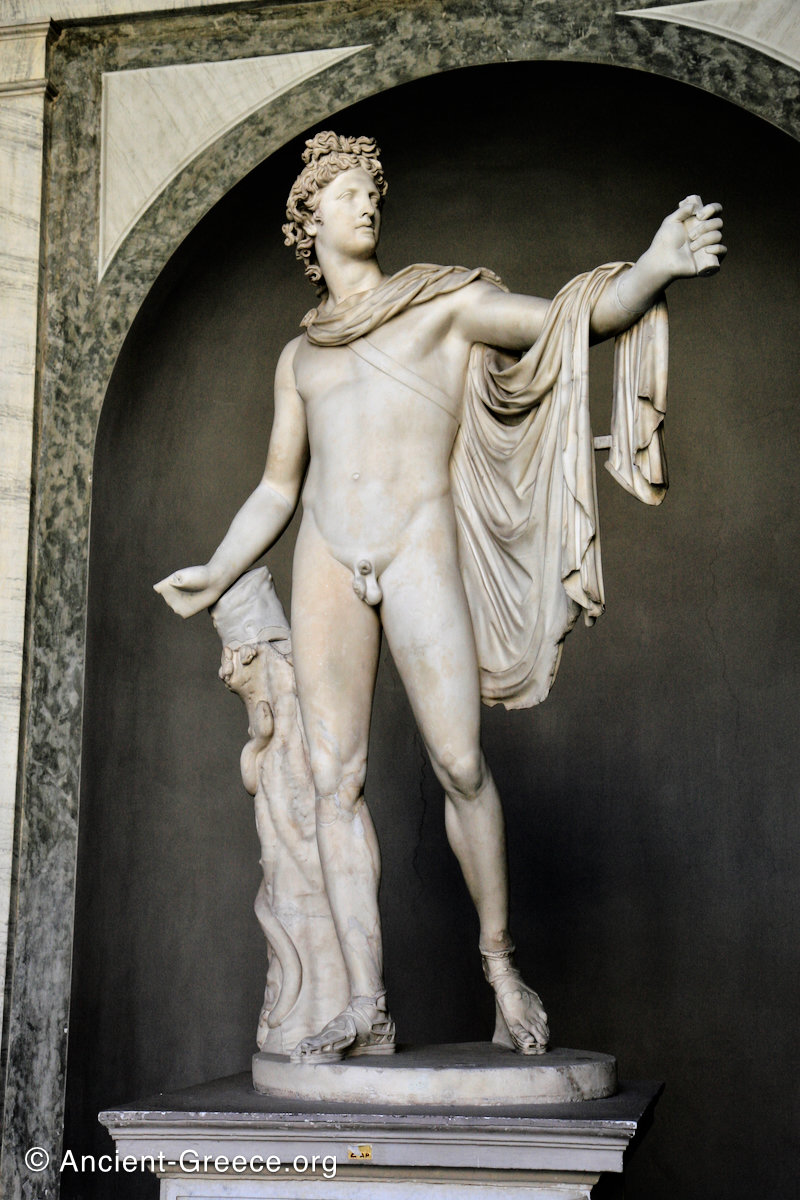
Apollo
Read more: ApolloPhoebus-Apollo, the god of Light, Prophecy, Music, Poetry, and the Arts and Sciences, is by far the noblest conception within the whole range of Greek mythology, and his worship, which not only extended to all the states of…
-

Ares (Mars)
Read more: Ares (Mars)As the God of War, Ares was surprisingly not so revered by the ancient Greeks. God of War He was said to have juxtaposing qualities of cowardice and ruthlessness on the battlefield as opposed to bravery. Even the…
-
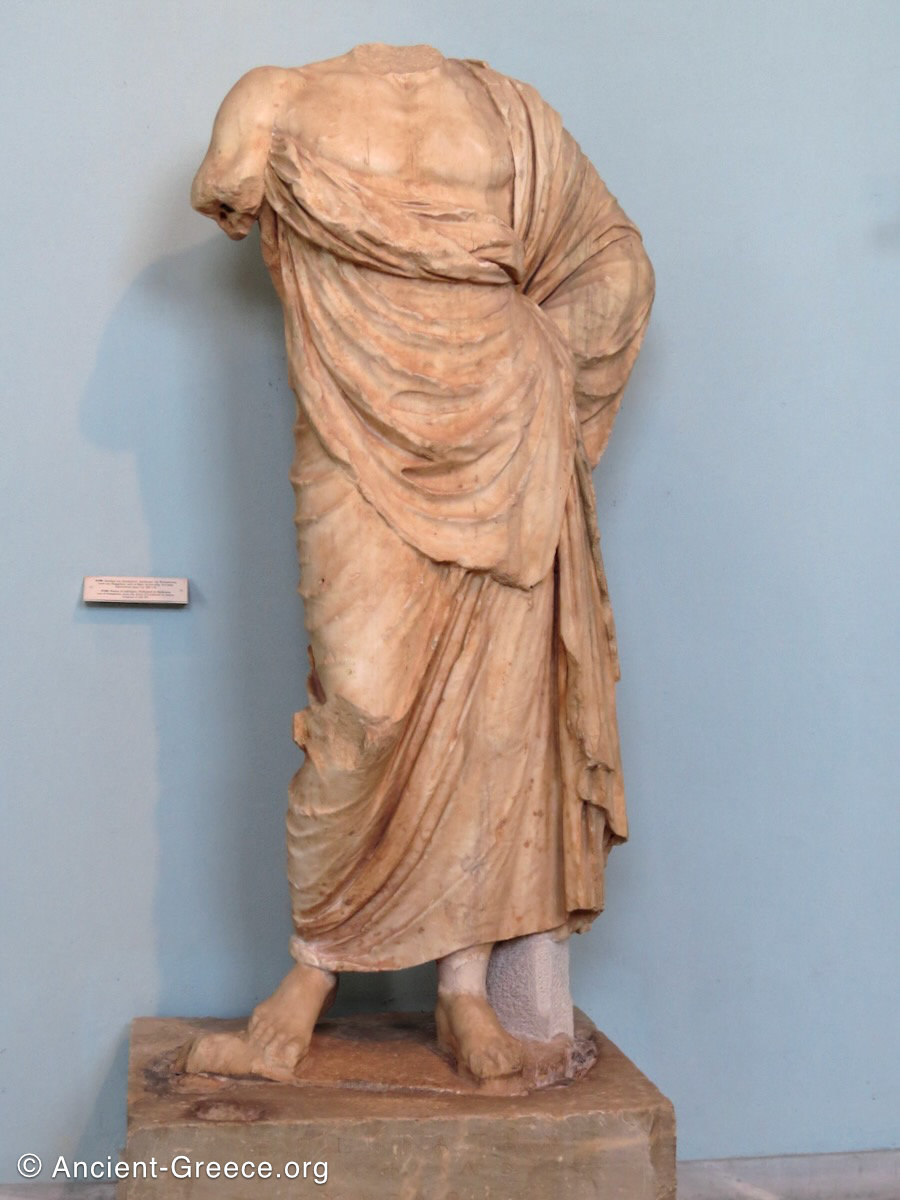
Asclepius
Read more: AsclepiusAsclepius Ἀσκληπιός (Asclepius) was one of the earliest men to experiment in healing, and if he were mortal, it is thought that he was raised to divine status when he gained a cult of followers in the 5th…
-
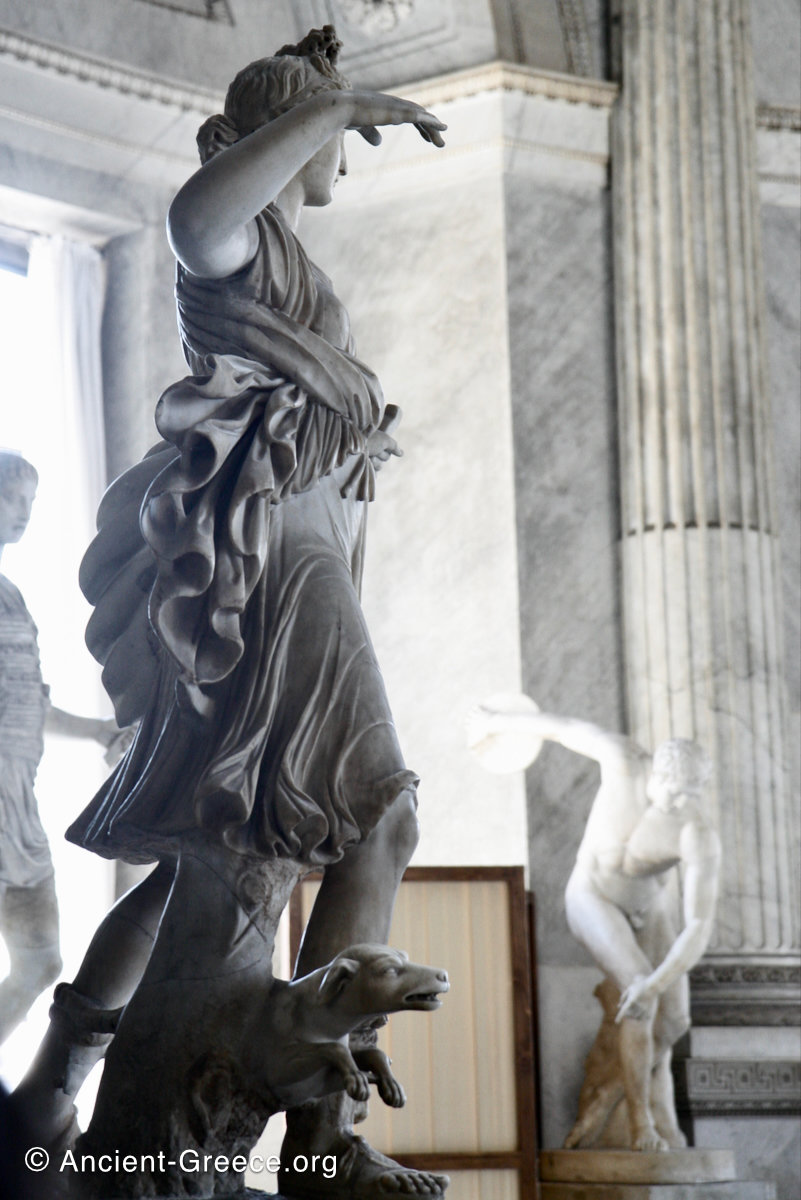
Artemis (Diana)
Read more: Artemis (Diana)Apollo’s was twin sister and counterpart: Artemis was to the moon what Apollo was to the sun. She held other religious facets like goddess of the hunt and the wilderness as well as protector of youth everywhere. She…
